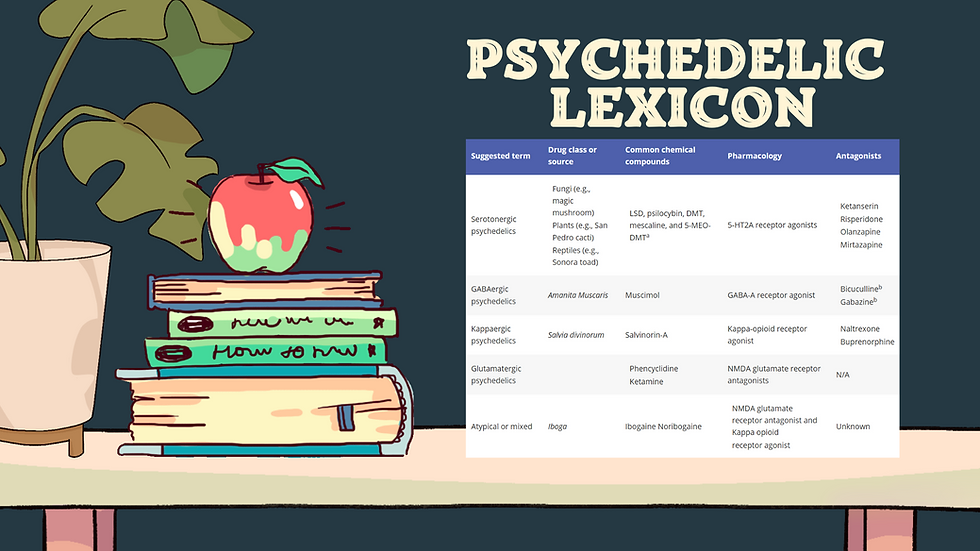Psychedelics and the Brain - In My Professional Opinion
- Drug Science
- May 24, 2021
- 2 min read
Updated: Apr 1, 2024
In this Drug Science webinar, expert Neuropsychopharmacologist Professor David Nutt explains how psychedelic drugs such as psilocybin, LSD, DMT, and ayahuasca work in the human brain, and the applications for the treatment of mental health conditions such as depression, anxiety, and addiction.
Prof Nutt outlines the history of psychedelic research, starting in the early 20th century, and explains how the introduction of psychedelic brain scans has significantly improved our understanding of the mechanism of action of classical psychedelics.
He then dives deep into our current model for how psychedelic drugs work and explains the current research which is exploring the neuroscience of psychedelic drugs. Prof Nutt also explains the potential of psychedelic drugs to treat mental health conditions such as depression, anxiety, and addiction.
Professor David Nutt is a leading Neuroscientist and drug policy reform advocate. Formerly the Chief Drug Advisor to the UK government he is currently the Edmond J. Safra Professor of Neuropsychopharmacology and director of the unit in the Division of Brain Sciences at Imperial College London. He has published over 400 original research papers, 8 government reports on Drugs and 28 books. He is currently the President of the European Brain Council and Founding Chair of Drug Science
This webinar was part of the Student Psychedelic Conference, 2021. To receive updates about the next Student Psychedelic Conference, join the Drug Science Mailing list.
Drug Science is the leading independent scientific body on drugs in the UK. We rely on donations to provide clear, evidence-based information without political or commercial interference. Drug Science webinars are free, and always will be, so if you’d like to support us then please consider joining the Drug Science Community.




